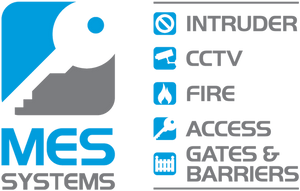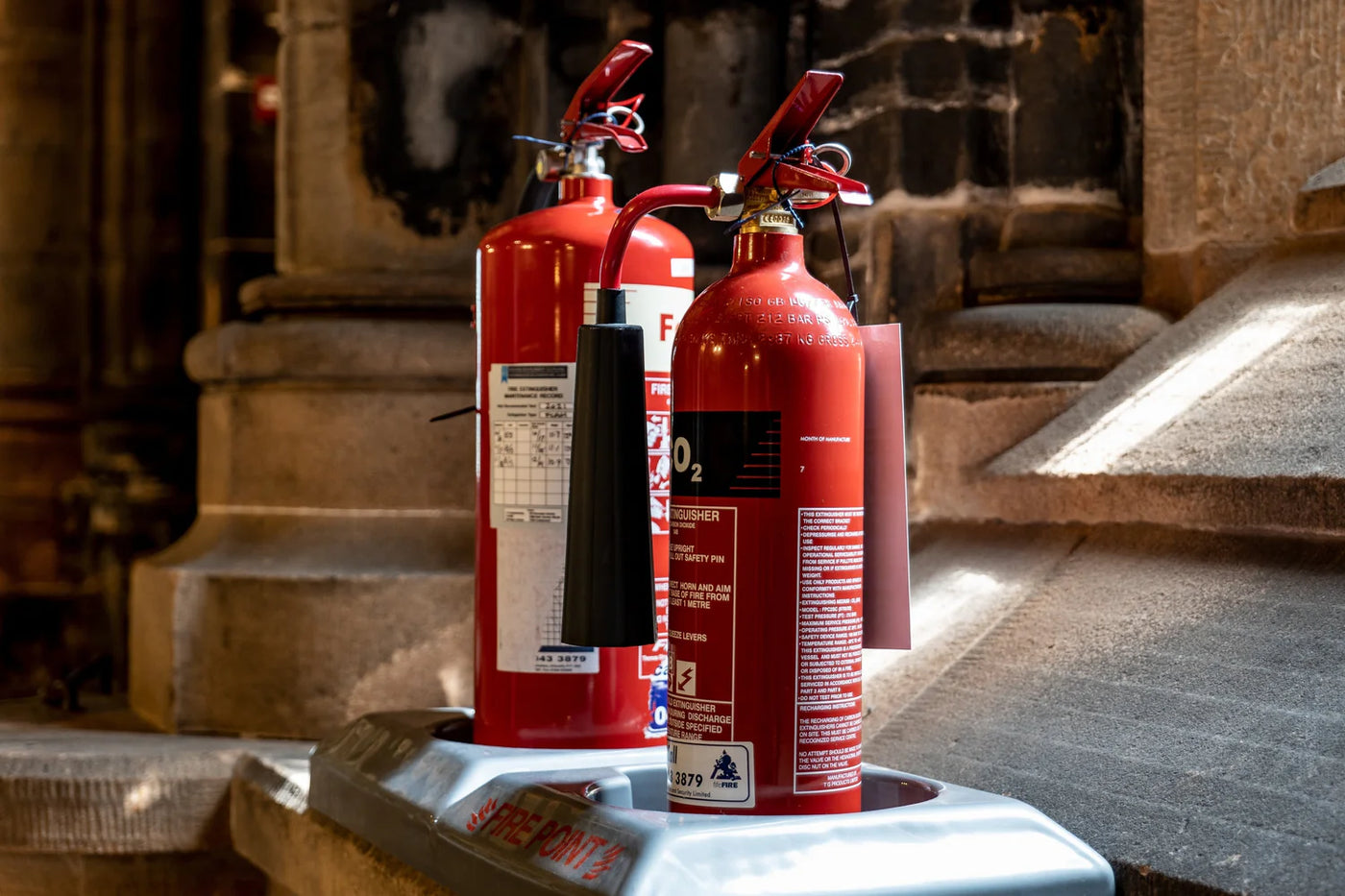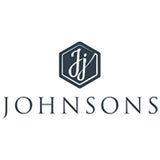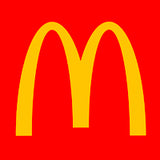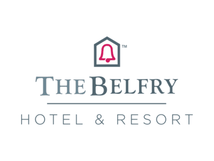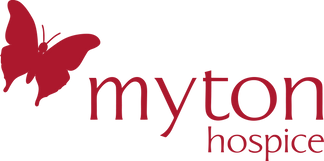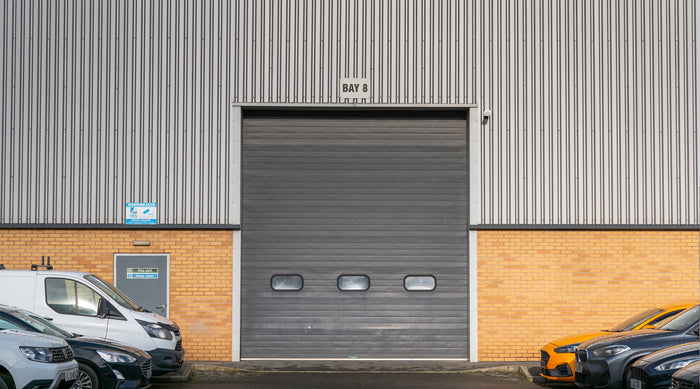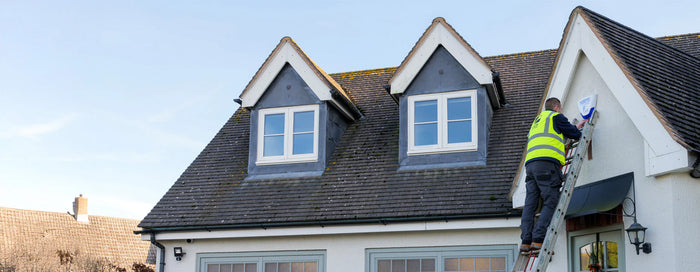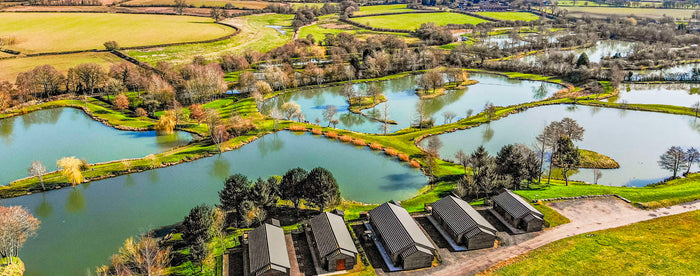Why do I need Fire Extinguishers?
At MES Systems, we understand the importance of fire safety. Fire extinguishers are an essential part of fire safety in all places of work, public buildings and some homes. Choosing the correct fire extinguisher could not only minimise damage to your premises but also save lives, ensuring a small incident doesn't become a major emergency. As well as giving you peace of mind, fire extinguishers may also be a requirement of your insurance policy, so we always recommend you check with your insurer.
We supply, install, and most importantly, commission and service fire extinguishers in line with industry regulations and British standards. Ensuring your employees and visitors stay safe and you avoid costly fines and penalties.
Legal Requirements (Regulatory Reform (Fire Safety) Order 2005)
- All UK businesses must carry out a fire risk assessment.
- At least two Class A extinguishers are required per floor in most commercial buildings.
- Specific extinguishers must be installed for risks like electrical equipment or flammable substances.
- A competent fire extinguisher engineer must commission extinguishers
Ensure your property is fully protected by installing fire extinguishers alongside our range of fire detection and suppression systems.
Maintenance & Servicing
Installing a fire extinguisher is not enough, it is vital they are also properly maintained to ensure they are always in working order if ever required. This includes:
- Monthly checks for damage or tampering.
- Annual servicing by a qualified fire safety technician.
- Full replacement or extended servicing every 5–10 years, depending on the extinguisher type.
MES Systems can service your fire extinguishers from only £6+vat per extinguisher*. Additional charges will apply when an extinguisher is 5 or 10 years old, when a discharge test or refill is required to comply with the British standards.
All service and maintenance works will be carried out in accordance with UK servicing standard BS5306-3 by a competent engineer.
*minimun charge of £45+vat
Types of Fire Extinguishers and Their Uses
-
Water Extinguishers (Red Label)
Best for: Class A fires involving solid combustibles like wood, textiles,
and paper.Not suitable for: Electrical or flammable liquid fires.
Function: Cools the fire by lowering the temperature of burning materials.
-
Foam Extinguishers (Cream Label)
Best for: Class A and B fires, including solids and flammable liquids like
petrol or paint.Not suitable for: Electrical fires.
Function: Forms a blanket to smother the flames and prevent re-ignition.
-
CO₂ (Carbon Dioxide) Extinguishers (Black Label)
Best for: Electrical and flammable liquid fires.
Not suitable for: Fires involving paper or textiles.
Function: Replaces oxygen with CO₂ to suffocate the fire without residue.
-
Powder Extinguishers (Blue Label)
Best for: Class A, B, and C fires (including flammable gases like propane).
Not suitable for: Confined indoor areas due to risk of inhalation.
Function: Interrupts the chemical reaction within the fire.
-
Wet Chemical Extinguishers (Yellow Label)
Best for: Class F fires, typically cooking oil and deep-fat fryer fires.
Not suitable for: Electrical or flammable liquid fires.
Function: Produces a soapy layer to cool and smother flames.
-
For Businesses
Offices should have CO₂ and foam or water extinguishers.
Workshops may need powder extinguishers for flammable gases.
Kitchens require wet chemical units to handle grease and oil fires.
-
For Homes
Use foam or water extinguishers for general fires.
Keep a CO₂ extinguisher near areas with electronics.
Wet chemical extinguishers are ideal for kitchen fires.
-
Contact Us
We can support you by arranging a discussion or survey with one of our extinguisher technicians to determine exactly what is required for your
building.
Case Studies
-
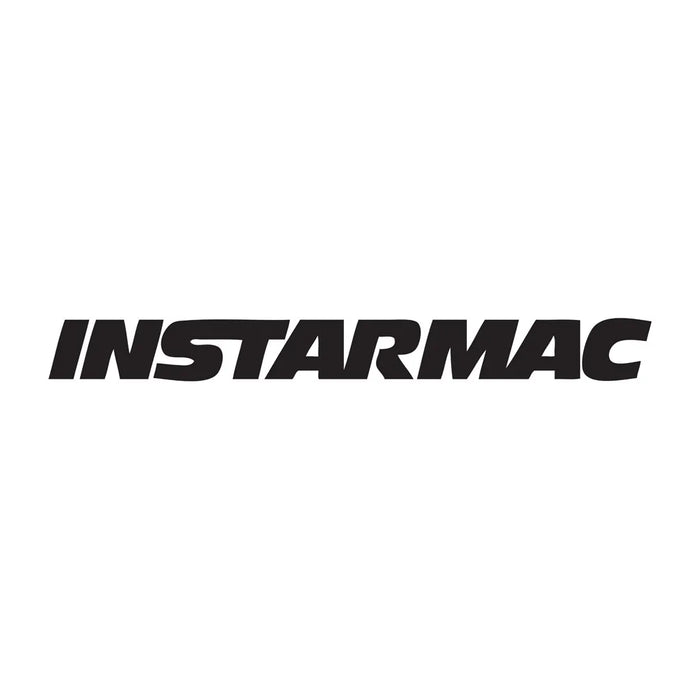
Instarmac
-
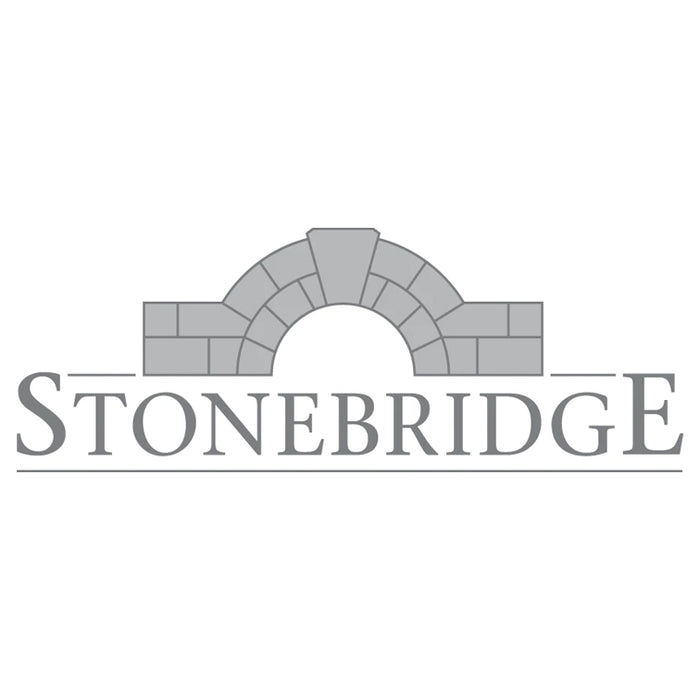
Stonebridge Golf
MES Systems has everything you need to protect your premises
Fire Extinguisher FAQs
1. How often should fire extinguishers be checked and serviced?
1. How often should fire extinguishers be checked and serviced?
You should check your extinguishers visually every month and arrange a yearly service by a competent engineer. Some extinguishers require an extended service after 5 – 10 years.
2. Where should fire extinguishers be located?
2. Where should fire extinguishers be located?
Extinguishers must be noticeable and accessible. It best practice to position them near hazards or escape routes. For example Water/foam extinguishers should be near exits and fire risks, CO₂ extinguishers next to electrical equipment and wet chemical units should be installed in kitchens with cooking oil hazards alongside a fire blanket.
3. Do fire extinguishers require commissioning?
3. Do fire extinguishers require commissioning?
Yes. Commissioning is the on-site inspection of new units by a qualified engineer this must be done before the extinguisher is put into service. This confirms they are in the correct position and working order.
4. Do staff need to be trained on using a fire extinguisher?
4. Do staff need to be trained on using a fire extinguisher?
Staff should receive suitable fire safety training including when and how to use
extinguishers and when to evacuate.
5. Do I legally need a Fire Risk Assessment?
5. Do I legally need a Fire Risk Assessment?
Yes. The Regulatory Reform (Fire Safety) Order 2005 requires a “Responsible Person” to complete and maintain a fire risk assessment and appropriate precautions.
6. Why should you contact MES Systems for fire extinguisher services?
6. Why should you contact MES Systems for fire extinguisher services?
As one of the leading fire and security firms in the country, MES systems are second to none and offer more than just a solution. We take pride in the fact we offer quality after-sales care that is unmatched in the industry. Contact Us today to find out how we can protect your people and your property today!

Need Finance?
We also work with Focus Finance to offer financing options to our customers.
Popular Departments
Why Choose MES Systems
-

24/7 Police or Brigade Response
We can offer automatic police or fire brigade response for added peace of mind.
-

Outstanding Customer Feedback
5 Star Google reviews show our commitment to customer satisfaction.
-

We Look After Our People
We directly employ local people and continually invest in them and their health & well-being.
-

SSAIB Certified
We are approved by the SSAIB, so you can rest assured that you are working with a reputable company.
-

Health & Safety Accreditation
We have CHAS accreditation which shows our commitment to safe working practices.
-

We Do Our Bit for Our Community and The Planet
We support local charities, community groups and events, and we do all we can to protect our planet for future generations.
